Apple revealed its long-rumored 2021 MacBook Pro models on Monday. The 14-inch and second-generation 16-inch models didn't disappoint, but they weren't the biggest stars of the 50-minute online event. Instead, that title belongs to the M1 Pro and M1 Max. The company also revealed the surprisingly strong AirPods 3 and a new Apple Music option.
What worked
Things mostly clicked at the Unleashed event, although I took issue with a few things, as you read about below.
M1 Pro and M1 Max introduction
There are three companies Apple targeted at the Mac event: Intel, and to a lesser degree, Spotify and Amazon. The former, which helped power Macs for 15 years, has undoubtedly annoyed the powers in Cupertino. Apple reminds the world how it has kicked the chipmaker to the curb at every event now. And, as yesterday proved, Apple isn't afraid to tell everyone just how inferior Intel products are compared to Apple silicon.
The announced M1 Pro and M1 Max system-on-a-chip systems found in the latest MacBook Pros are "supercharged" and light-years ahead of whatever Intel is offering. They also represent a considerable advance over the M1 SoC, announced just 12 months ago.
Outsiders won't have the opportunity to test and report on the true powers of the M1 Pro and M1 Max. However, no doubt both will shine and prove Apple also has this internal silicon thing down.
Return to normal
For the past few years, MacBook Pro owners have been forced to purchase accessories simply to connect their cameras and other peripherals to their laptops. Not anymore. The new laptops finally see the return of an HDMI port, SDXC card slot, and MagSafe. These components should never have been removed from Apple's Pro laptop lineup, and it's terrific to see it has finally corrected a wrong. No doubt, this will be one of the reasons the new MacBook Pros will make our best Mac lineup very soon.
Apple also decided to kill off the Touch Bar and replace it with 12 full-height function keys. I've mentioned ad nauseam just how poorly Apple nurtured Touch Bar since it arrived in 2016, and I'm over it. Looking ahead, I can't wait to get my hands (and fingers) on the MacBook Pro's mechanical keys and all-new tactical ring on Touch ID.
A slick production — as it should be
I've said this before, and I'll continue saying it until it becomes official: Apple shouldn't return to live events once COVID-19 is put out of its misery. Of course, future developer conferences and press events should still have a live element that includes product testing and the valuable mingling between Apple executives and the rest of us. However, product reveals are best served by these highly effective, beautifully produced video events that have become the norm for the past two years.
From the Steve Jobs-inspired garage scene to the highly detailed M1 Pro and M1 Max explainers, yesterday's event was fun and informative at the same time. Yes, the entire event was also highly choreographed and a slick marketing tool. But is that so wrong if it just works? I say not.
AirPods 3
When creating our AirPods Pro vs. AirPods 3 post, I was surprised to see just how similar the all-new AirPods 3 turned out to be compared to Apple's Pro product. Even more interesting were the battery improvements that might make some pause and go with the less expensive headphones.
Apple Music Voice Plan
My immediate reaction to Apple's new $4.99/month Voice Plan package for Apple Music was this was a money grab. And then I remembered Amazon offers a $3.99/month Single Device plan, so it started to make sense. Anything that can bring more subscribers to Apple Music and away from No. 1 Spotify (and Amazon, of course) is a positive move, money grab or not!
Oh, the colors
Apple's recently acquired obsession with color has arrived on another product line. The HomePod mini is now available in blue, yellow, and orange, joining space gray and white. Though this isn't a good as a multi-colored MacBook Pro, it's a change that works. So don't be surprised if these colorful audio boxes sell out quickly ahead of the holidays.
On an aside, the colorful miss on the MacBook Pro means the next MacBook Air will get the rainbow treatment, right?
Camera
Yes, the rumors were correct and the MacBook Pro now has its very own notch. I'm okay with this since it means we're finally getting a 1080P camera. And yet, it's unfortunate Apple didn't push things further and also offer Face ID.
What didn't work
... M1 Pro and M1 Max naming
You can always count on Apple's marketing arm to confuse us when it comes to product names. For example, for the past few years, Apple has released iPhone Pro and iPhone Pro Max models while (so far) doing without an iPad Pro Max lineup. And the same naming convention, where Max trumps Pro, should have jumped over to Mac this year, but it did not.
The 2021 MacBook Pro lineup comes with either an M1 Pro or an M1 Max because apparently, "Pro Max" can't fit on the new SoC logo. But, of course, it could be Apple is simply planning to use "Pro Max" on next year's product.
For less confusion, MacBook Pro buyers should think of the two chipsets in another way. Rather than going glassy-eyed trying to focus on the technical differences, consider the M1 Pro and M1 Max as expensive and super expensive.
Does that make it clearer, or does it remain a muddy mess?
Too flat?
Apple spent a lot of time on Monday explaining the goodies inside the new MacBook Pro models. It also stressed the convenience of the returning ports and Touch Bar-less keyboard. What it didn't do is go into much detail about the overall MacBook Pro redesign.
Recognizing again that I yet haven't seen a new MacBook Pro (it's coming) in person, I'm struck by just how similar both models look to earlier models. Specifically, they harken back to the second-generation unibody design that Apple used between 2007 and 2012.
This isn't bad or good, but rather a surprise and the latest example of how Apple seems no longer committed to making thinner and lighter products. This year's 16-inch model, for example, is 4.7 pounds vs. 4.3 pounds of the 2019 model. It's also ever-so-slightly higher and a tad deeper than the previous model.
Price
I'm typing this article on a 13-inch MacBook Pro (M1, 2020). It's a product Apple could have killed off yesterday but didn't, allowing the MacBook Pro lineup to include three, not two. That's a good move on Apple's part since it likely expands the Pro lineup to more people.
And yet, the price points seem a little off, at least when it comes to the all-new 14-inch model.
My year-old 13-inch model starts at $1,299, while the second-gen 16-inch version will set you back at least $2,499. The 14-inch model, by contrast, starts at $1,999. The first and last numbers feel right and reflect more recent MacBook Pro pricing. However, the entry-level for the 14-inch model seems a tad too high, especially when you consider the most expensive 13-inch base model starts at $1,499.
Long-term, $1,799 looks like a better starting point for the 14-inch version. Moreover, it's a number Amazon, Best Buy, and other third-party retailers are likely to embrace in a few months. And maybe that's the plan Apple has set into motion: start high and give plenty of wiggle room once supply meets demand.
2021, over and done
In 2020, Apple held three press events between September and November. Until we hear differently, it looks like two events are all we're getting this fall. If this is the case, Apple's 2021 product lineup is in the books. Overall, it's been a mostly good year starting with the mini-LED iPad Pro, 2021 iPad mini, and all-new MacBook Pro. In between, there have been some misses, including the Apple Watch Series 7 and no change on the Mac Pro. Of course, there's always next year!







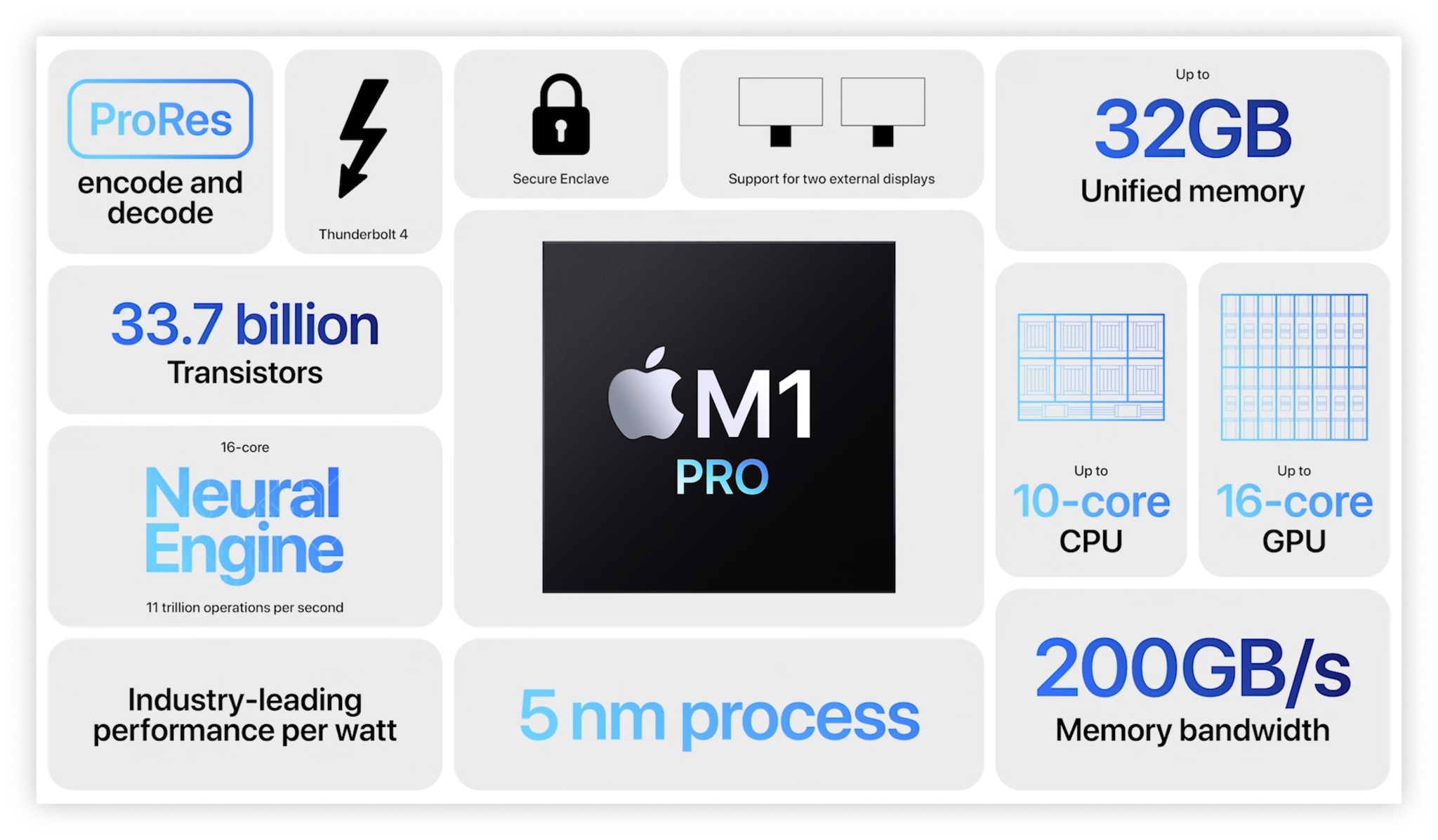
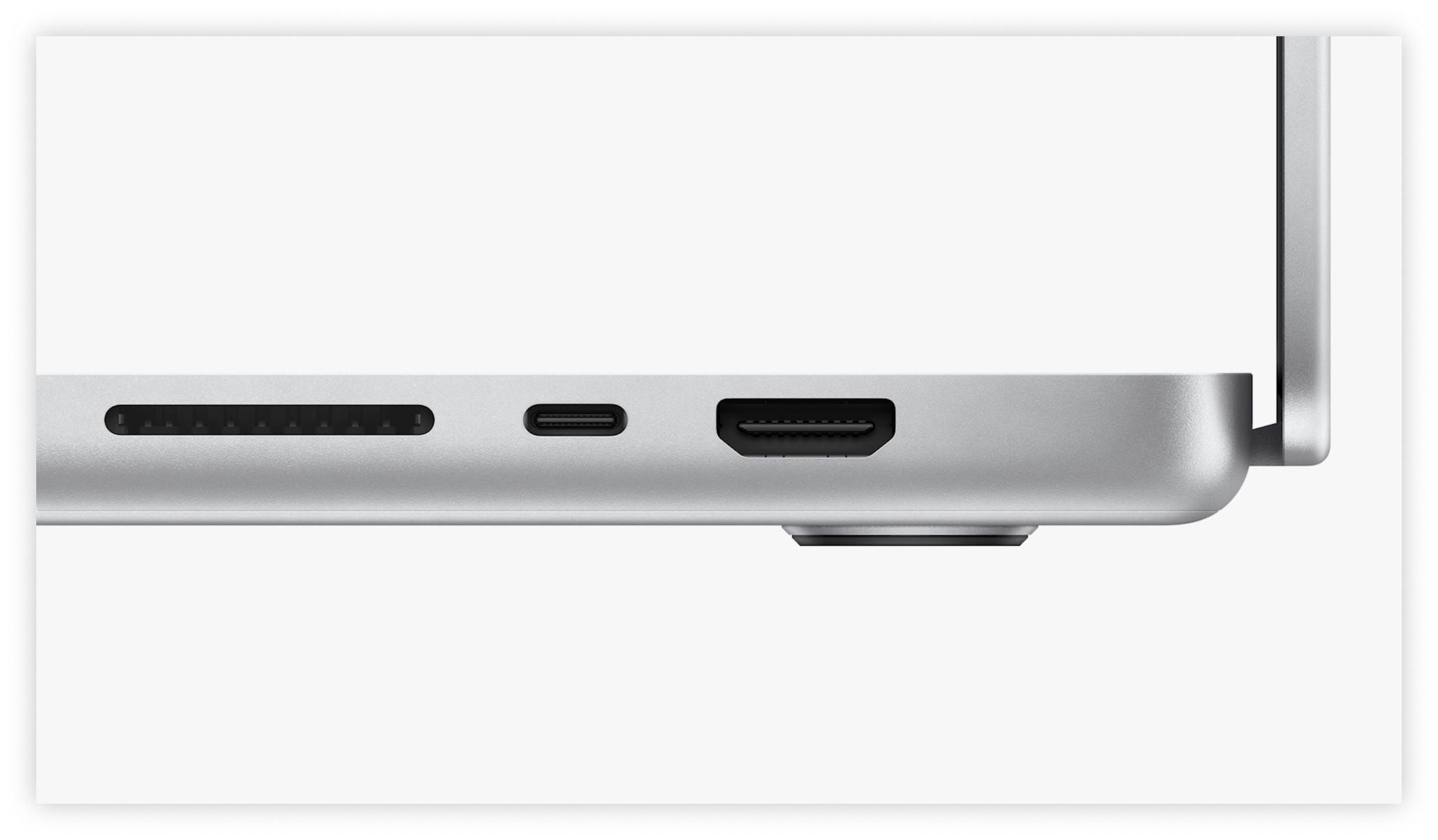


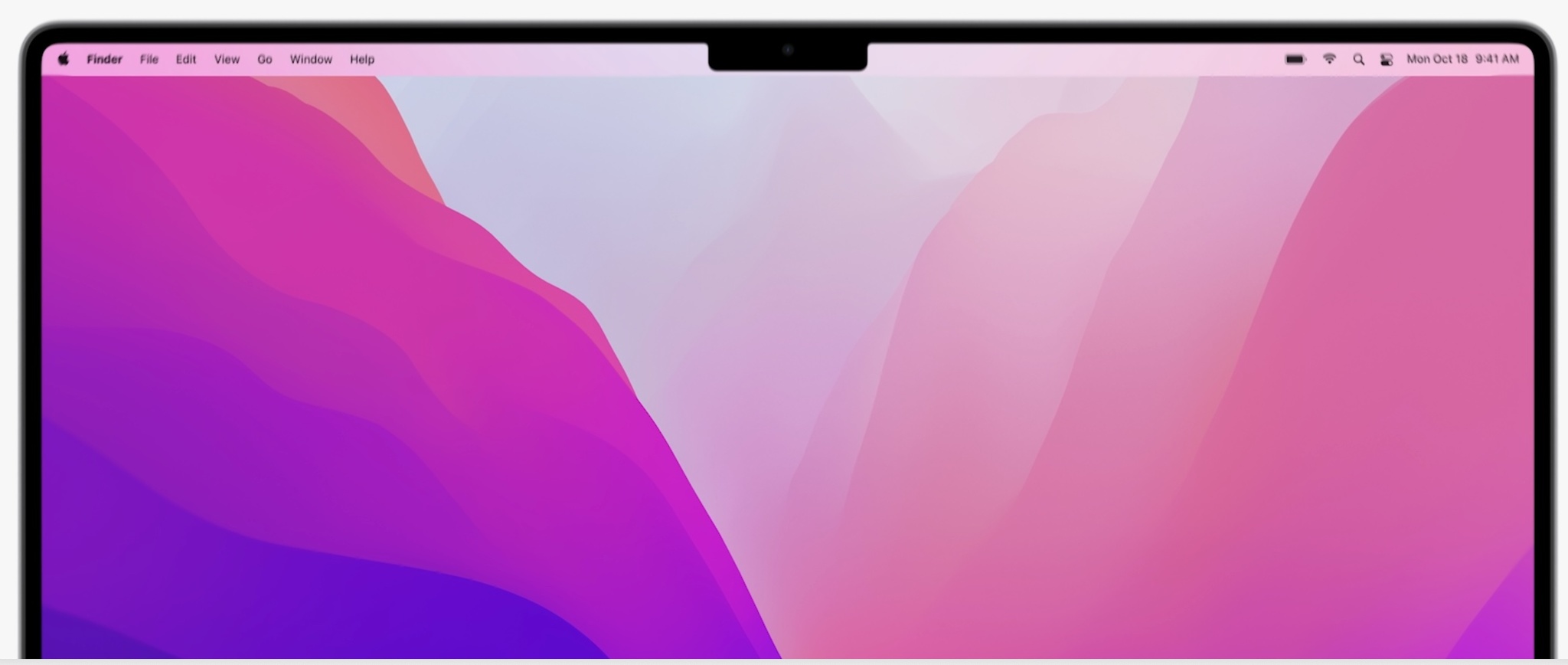
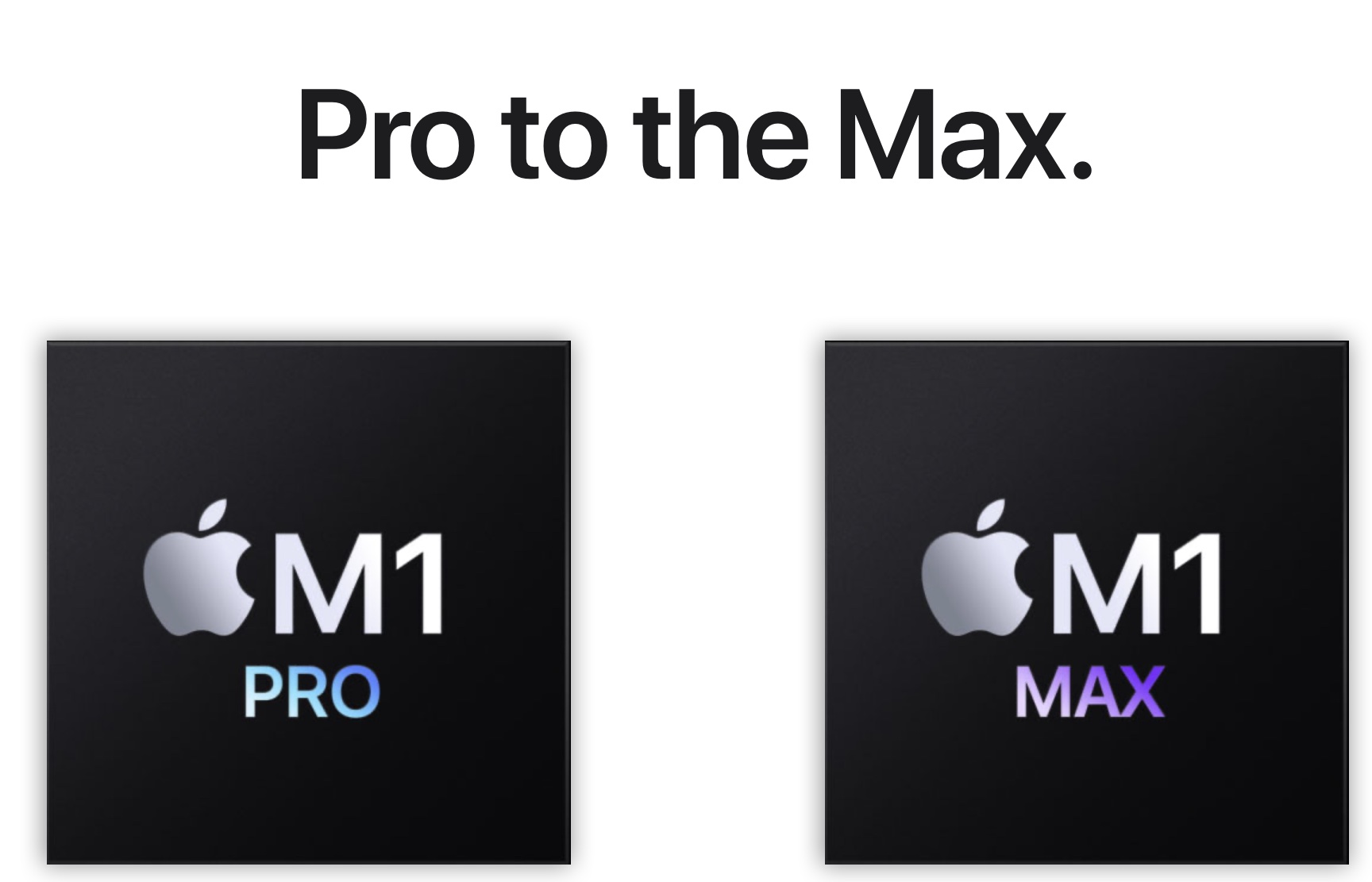
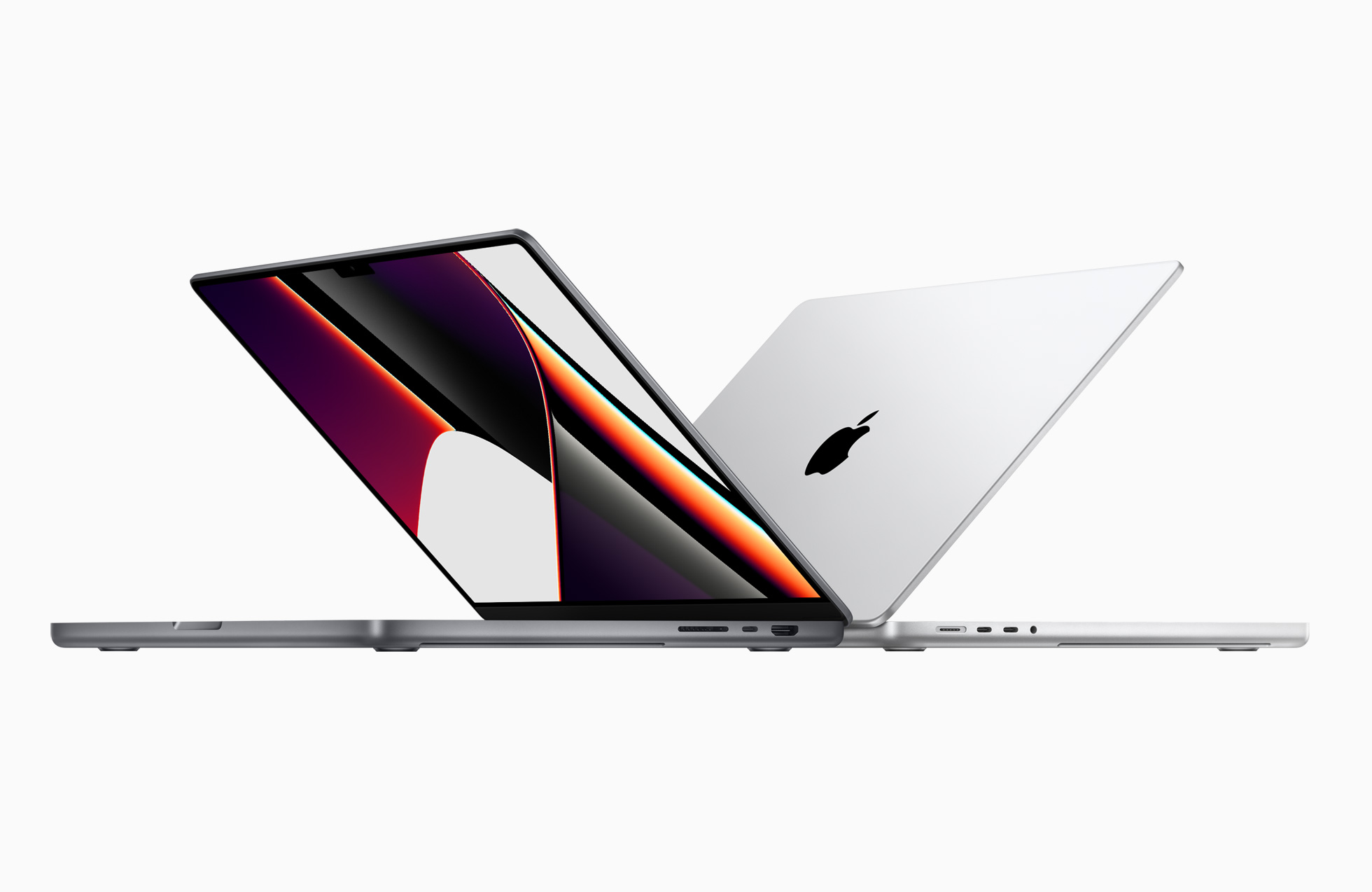

0 comments:
Post a Comment